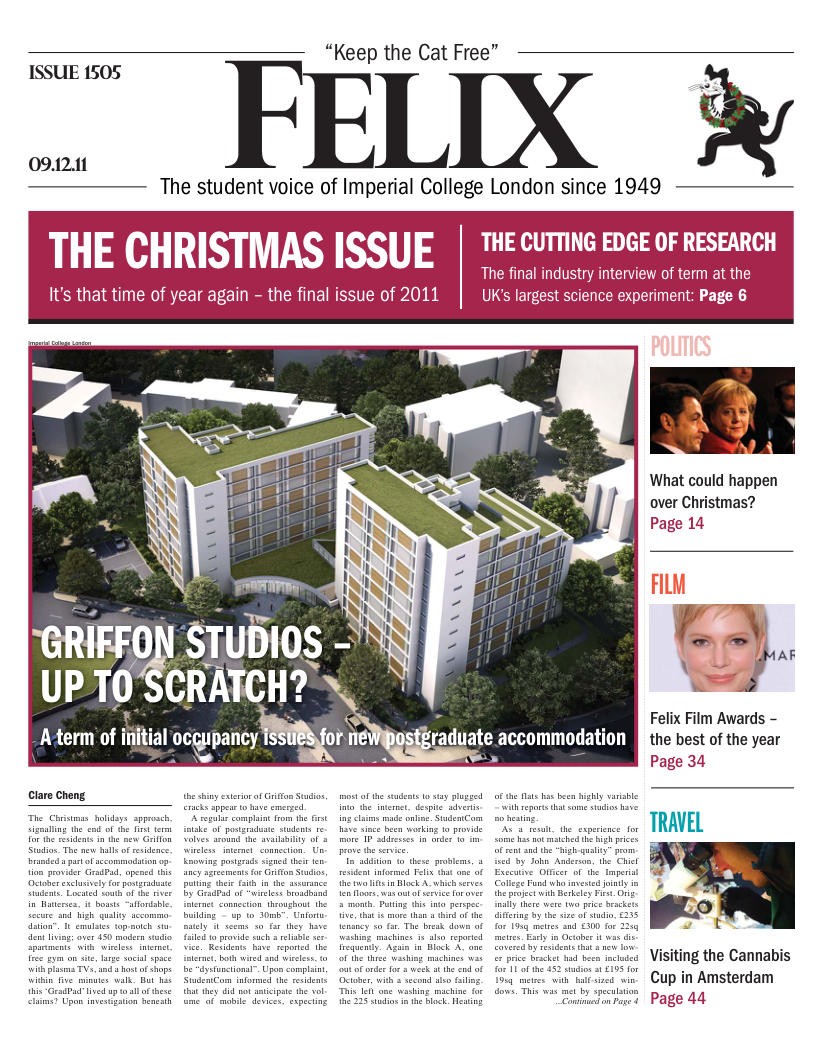Funk’s not dead
Douglas Heaven ends his trip around a Punk Planet

Most people probably wouldn’t point to San Pedro, California, as a birthplace of punk, but they might as well. Punk isn’t Green Day and Blink-182, punk isn’t green hair and safety pins. Punk is an attitude and it can take any form you like. For Minutemen, that form was 2-minute bursts of jazzy, bombastic R&B, but in their attitude to playing – to recording, to touring, to what it meant to be in a band – Minutemen were the epitome of punk.
Minutemen (1980-1985) was a three-piece in which bass player Mike Watt’s sound – his “low flow” – was as prominent as the bright guitar playing of his childhood friend D Boon. Their early output eschewed choruses and guitar solos – what they deemed commercialisms of rock music – and stuck to the short, sharp shocks typical of hardcore punk. Armed with such material, they played their first show opening for Black Flag. However, though the song-writing changed, embracing not only choruses and guitar solos but jazz licks and a little of Captain Beefheart’s avant-blues, the commitment to anti-commercialism would define the band.
For Minutemen, a band wasn’t a get-rich scheme or a path to glory, it was a way of life. They kept their day jobs and they jammed “econo”: they rented studio time during off-peak hours, they used second-hand tape, rehearsing the songs and recording them in as few takes as possible, playing them in the order they wanted them to appear on the record to avoid the costs of editing. They drove themselves around to shows they’d set up themselves and they preached what they practised. There’s a book about the 80s US punk scene called Our Band Could Be Your Life and the title’s taken from the first line of a Minutemen song. It’s a statement that simply and inclusively says, ‘you can do this too’. That’s the punk ethos.
Minutemen ended when Boon was killed in a road accident. It took Sonic Youth to pull Watt out of his depression and Minutemen fan Ed Crawford to pester Watt and Minutemen drummer George Hurley to form fIREHOSE (1986-1994). With Crawford on guitar, fIREHOSE flew the DIY flag for almost another decade, but Watt also contributed to the Sonic Youth albums EVOL (1986) and Daydream Nation (1988) and played with The Stooges. These days Watt is a punk statesman, driving himself around in a van, playing his “boom-stick” in a grab-bag of side projects, telling everyone he meets to start a band. And you should.
This is the final instalment of Punk Planet, Douglas Heaven’s globetrotting quest for punk, passing through Italy, Sweden, France, China, New Zealand, Argentina and finally California. Remember the trip online at felixonline.co.uk









